High-level Advisory Board
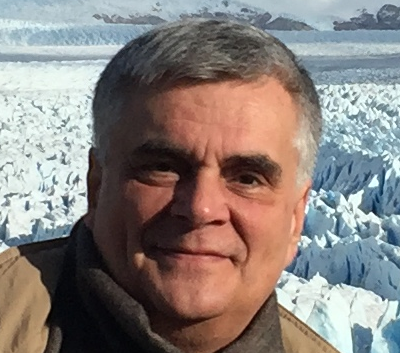
Constantin Ciupagea was Head of Unit for Land Resources at the Directorate General Joint Research Centre (JRC), within the European Commission, managing projects in support to EU policies. He was also the JRC Director-General’s Sherpa for the European Innovation Partnership on Raw Materials. The most recent areas of research and policy support were: Raw Materials - policy support and monitoring indicators, coordinating the management of the Commission’s Raw Materials Information System (RMIS); Life Cycle and sustainability assessments of processes along strategic value chains; Soil and Land-use policies and research; Ecosystem Services Mapping and Assessments and Natural Capital Accounting. Before joining the European Commission in 2010, he was the director of the Romanian Institute of World Economics (IWE). Between 2006 - 2008 he acted as State Counsellor for Economic Policies at the Chancellery of the Prime Minister of Romania. He received a PhD in macroeconomic and international trade modelling in 1997.
The Land Resources Unit provides information to balance competing land use demands whilst securing access to natural resources and maintaining ecosystem services. It focuses on understanding the interaction between humans and the biosphere and the trends in land condition and management, along with how these respond to changing environmental, societal and economic conditions. The unit supports works concerning land resources, such as raw materials and soil, as well as sustainability impact assessments, based on Life-Cycle-Assessment approaches and knowledge management. It also supports policies related to natural capital accounting and ecosystems assessments.
Susanne Strobl was a Policy Advisor at the Directorate for Mineral Resources Policy at the Austrian Federal Ministry of Agriculture, Regions and Tourism. She was entrusted with national and international affairs of mineral resources policy in addition to activities as an official expert for geology and geotechnics in mining authority proceedings. She received her BSc in Applied Geosciences and her MSc in Applied Geophysics and Petroleum Geology as well as her Doctor’s Degree in Mining Sciences at the Montanuniversität Leoben in Austria. LinkedIn: https://www.linkedin.com/in/susannestrobl/
The Directorate for Mineral Resources Policy is part of the Directorate-General for Telecommunications, Postal Services and Mining of the Austrian Federal Ministry of Agriculture, Regions and Tourism.
The Directorate for Mineral Resources Policy is mainly responsible for all matters concerning national and international mineral resources policy (e.g. elaboration of the Austrian Raw Materials Strategy) as well as for the enforcement of the Austrian Deposit Act and the enforcement of the provisions of the “Conflict Minerals Regulation”. The Directorate is responsible for maintaining and expanding the BergIS mining information system as a central database for future e-government solutions in mining administration. Members of this directorate also act as official experts for geological, hydrogeological, geotechnical, reservoir and mining related issues in proceedings of the mining authority. The Directorate is publishing the World Mining Data on an annual basis, a compendium with worldwide mining production data.
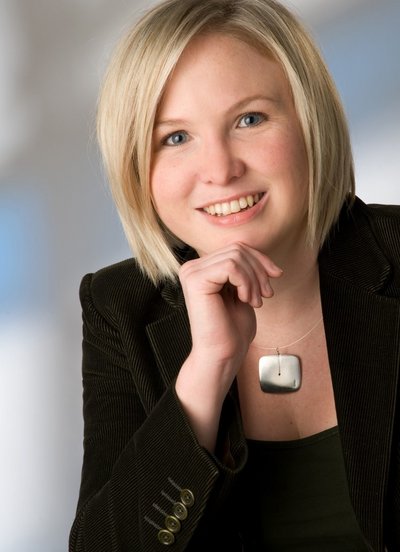
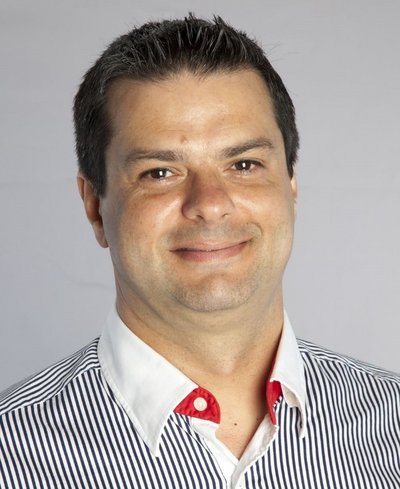
Serkan Saydam received his BSc, MSc and PhD degrees in Mining Engineering from the Dokuz Eylul University, Izmir, Turkey and completed his Postdoctoral Fellowship at the University of Witwatersrand, Johannesburg, South Africa. He then worked at De Beers for 3 years as project manager in Johannesburg, South Africa. Serkan joined the School of Mining Engineering in 2006 and he is currently working as a Professor, Mining Engineering Discipline Leader and Director of Research at the School of Minerals and Energy Resources Engineering at UNSW Sydney, Australia. A key focus of his research is to address the current needs and future challenges faced by the mining industry. These are generally very complex engineering problems, as mining environments become more extreme and constraints are imposed due to increasing social, environmental, and health and safety standards. His fields of research include ground control, mine planning & design, technology integration and management, new mining methods and space mining. In addition, he established research collaboration with NASA's Jet Propulsion Laboratory & Kennedy Space Centre, and Luxembourg Space Agency as well as more than 20 research organisations and universities globally. He has more than 250 publications and graduated 18 PhD students. Serkan is currently Fellow Member of Australian Institution of Mining and Metallurgy; President of the ISRM Commission on Planetary Rock Mechanics; Deputy Director of the Australian Centre for Space Engineering Research (ACSER) at UNSW; Deputy Secretary General and Council Member of the SOMP (The Society of Mining Professors).
UNSW Sydney (formerly known as University of New South Wales) is located in Sydney, New South Wales, Australia. The University was established in 1949 with a unique focus on the scientific, technological and professional disciplines a powerhouse of cutting-edge research, teaching and innovation. UNSW is one of the top 100 universities in the world, with more than 59,000 students and a 7,000-strong research community. UNSW offers an extensive range of undergraduate, postgraduate and research programs. The university is continuously expanding education, hence reaching more students from all backgrounds and communities around the world. UNSW’s Faculty of Engineering is consistently ranked Australia’s leading engineering faculty, and one of the top 50 in the world. Through partnering with industry and government, researchers at UNSW make a difference by tackling real world challenges across the full scope of Engineering specialisations. The faculty has 8 schools and the School of Minerals and Energy Resources Engineering (MERE) is the oldest school in the university. It is ranked as the 4th in the QS World university rankings. MERE provides both undergraduate and postgraduate education in mining and petroleum engineering programs.
Maria Thornhill is currently employed as Assoc. Prof. in Environmental and Resource Engineering at the Norwegian University of Science and Technology (NTNU) and is part of the mineral production research group. She received her BSc (honours) in Geography from the University of Leeds, United Kingdom and her PhD in Environmental Engineering from the University of Wales, College of Cardiff, Department of materials and Minerals Engineering, United Kingdom. She has been involved in several projects with experts in mineral processing and has also worked with Norway’s Environmental Protection Agency with regard to the MWEI BREF (Best Available Techniques Reference Document for the Management of Waste from Extractive Industries) technical working group. She also represents NTNU on the ETP SMR (The European Technology Platform on Sustainable Mineral Resources).
The Norwegian University of Science and Technology (NTNU) is a university with an international focus, with headquarters in Trondheim and campuses in Ålesund and Gjøvik. NTNU has a main profile in science and technology, a variety of programmes of professional study, and great academic breadth that also includes the humanities, social sciences, economics, medicine, health sciences, educational science, architecture, entrepreneurship, art disciplines and artistic activities. NTNU was established in 1996 after the merger of six research and higher educational institutions in Trondheim.
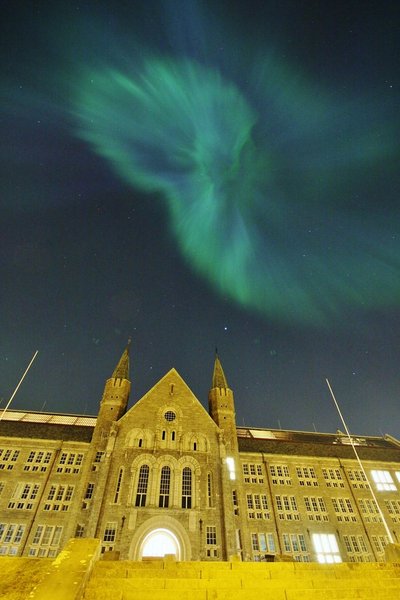
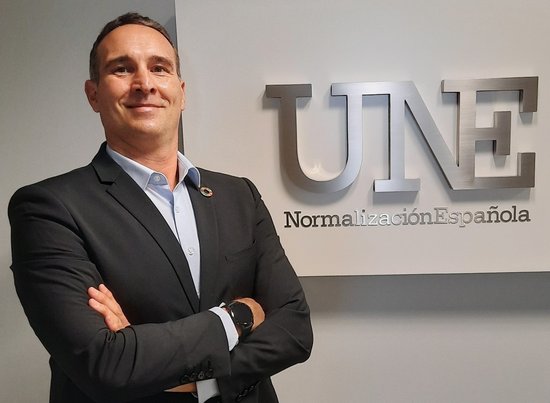
Daniel Massó Aguado is a Forest Engineer (MSc), and graduated at the Universidad Politécnica de Madrid. He has over 20 years of professional experience as consultant, researcher and several positions dealing with standardisation. Currently he is working as Head of Knowledge and Agenda 2030 at UNE, the Spanish Association for Standardisation. He has a wide experience from acting as Committee Manager in several International (ISO) and European (CEN) Technical Committees on standardisation, some of them related to mining industry. He also served as expert in several Research, Development & Innovation projects, in support of addressing specific standardisation objectives. He is author of several articles on standardisation and quality infrastructure and has been awarded at IEC-IEEE-KATS Academic Challenge in 2018.
The Spanish Association for Standardisation (UNE) is the only Standardisation Body in Spain, and it has been appointed so by the Ministry of the Economy, Industry and Competitiveness before the European Commission. In this sense, UNE is the Spanish representative in the international and European organisations ISO/IEC and CEN/CENELEC, respectively, as well as in the national standardisation organisation ETSI. https://www.en.une.org/la-asociacion/historia